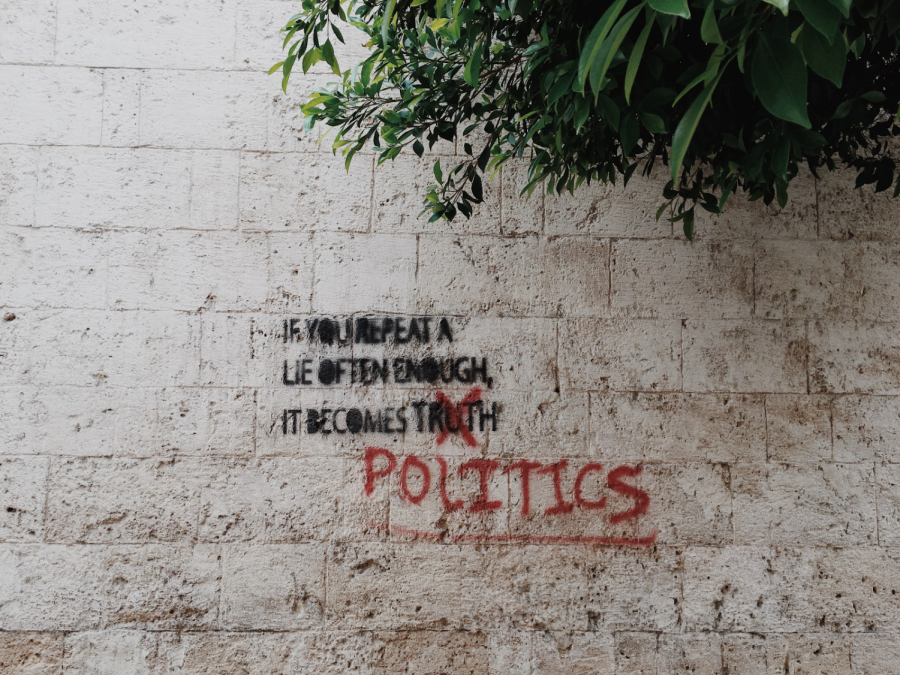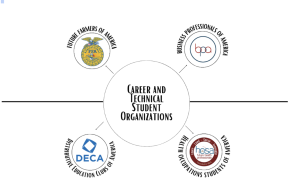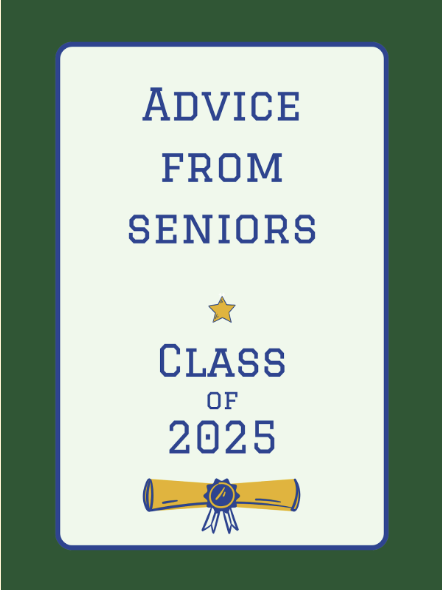How the Media is Causing Extreme Polarization in America
November 19, 2020
A quick glance at current events reveals our country is undergoing a severe crisis. Fingers from each side point at each other with hatred, completely disregarding anything the other has to say. In a country that is supposed to be the land of the free, the political atmosphere has become so toxic to the point where we fear what our friends believe in and whether it agrees with our own views. Friends become enemies, and enemies become vendettas, all for the sake of partisan loyalties. But what is causing all of this division? And why are people so radical in their political views these days?
Social Media’s Blind Spot
In an age of limitless technology and easy access to information, we have all been victims of the intoxicating influence of social media. Whether it is retweeting a famous tweet or reposting an Instagram story, at one point or another, all social media users have contributed to what I call “the virtual political melting pot,” a mixture of polarized misinformation. It does not help that our smartphones are so smart they identify our interests and place us in clusters of like-minded users. (A clear example being the ads that show up on our feed that just seem to know exactly what we want). So why is interacting with similar people on the internet detrimental to our political views?
It’s simple. When we interact with the same people every day, we put ourselves in a box of the same repeating ideas, where even if we are wrong, we will never know the other side of the story. Social media feeds us what we want to hear, not what we should hear, reinforcing our already unrelenting opinions. The problem is that users are blind to this secret algorithmic phenomenon. They open their social media platforms, see their agreeable feeds, and feel a patriotic sense of satisfaction for being on the winning side. There is no attempt at questioning what we are fed or listening to the other side without completely condemning them. There is no attempt at seeking the truth, not even by the networks that commit to reporting it.
The Unmistakable Villain
After reading multiple studies and articles, what I found shocked me. While social media plays a huge role in influencing the misinformation Americans take in, recent studies have shown that TV networks are not so far behind. A 2017 investigation shows that political polarization in recent years has shown a more significant increase in people over the age of 65, who watch more television, rather than the age group that uses the internet the most, 18-39. Even though there is an infamous reputation around the internet and its effects on politics, TV networks have caused more political polarization, but how?
A 2020 study conducted by Pew Research Center shows that 65% of Republican party members rely only on Fox News, and 67% of Democrats rely on CNN for both political and election news. The problem with relying on only one network for current events is the hidden, or more prominent, political bias that influences the lens through which they deliver facts. More than likely, these television networks include severe political undertones in their reports, which overall threatens the prominence of the truth. The reasoning behind this tarnishing of the truth is that in the business industry, feeding viewers what they want to hear sells.
It is discouraging to think that every day, millions of Americans are convinced of a partial truth by the networks they place their trust on, all for the sake of profit. Viewers are pushed around and spoon-fed opinions instead of facts, leading to a hostile faction in a country built on compromise and truth. It makes one wonder what has happened to ethical journalism or why the truth seems to be the least important concern in the media world?
In our modern society, it seems as though all of these ideals have been disregarded by journalists, which can only mean one thing: it is time for the people to seize responsibility.
The Solution
It is our civic duty to participate in democracy. Therefore, it is our civic duty to educate ourselves beyond what we see on TV or social media. We can’t keep blinding ourselves with hateful prejudices when it comes to something as important as national welfare. We must seek more than what the media feeds us. With our immediate access to countless resources, it is so easy to look up something or read different points of view, but it has to start with our own willingness to learn more. We, as citizens, must open ourselves to seek the best solution instead of the proposed solution. Our education and advancement as a country are one click away; we go beyond red versus blue, it is about time we start showing it.
“Let us not seek the Republican answer or the Democratic answer, but the right answer.” -John F. Kennedy.
Sources:
Boxell, L., Gentzkow, M., & Shapiro, J. (2017, October 03). Greater Internet use is not associated with faster growth
Mark Jurkowitz, A. (2020, August 28). U.S. Media Polarization and the 2020 Election: A Nation Divided. Retrieved
January 25, 2021, from https://www.journalism.org/2020/01/24/u-s-media-polarization-and-the-2020-election-a-nation-divided/










